
Sanctions Against Russia Ignore the Economic Challenges Facing Ukraine
In a New York Times guest essay, Nicholas Mulder considers why the Russian economy has proven relatively resilient under sanctions.
 Department Homepage
The College of Arts & Sciences
Department Homepage
The College of Arts & Sciences

In a New York Times guest essay, Nicholas Mulder considers why the Russian economy has proven relatively resilient under sanctions.
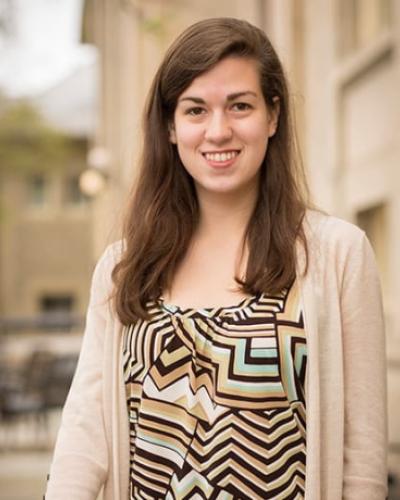
Zoe Jackson, Silver Spring, MDWhat is your main Cornell extracurricular activity -- why is it important to you?My main Cornell extracurricular is dance. I take dance classes at the Schwartz Center for the Performing Arts and have choreographed and performed in Schwartz Center productions since my freshman year. Dance has always been an...

As the frenzied 2020 presidential campaign reaches culmination, the nation’s media, political parties and courts brace for a possible contested outcome. But in the United States and around the world, heated national elections are nothing new.

February 24 will mark one year since Russian tanks rolled over the border into Ukraine; two Cornell historians provide insight.

Former U.S. Sen. John Kerry, secretary of state in former President Barack Obama’s administration and 2004 Democratic presidential nominee, will be the Belnick Family LaFeber/Lowi Presidential Forum speaker Oct. 29 at 5 p.m. The virtual event is open to those with a Cornell NetID; registration is required.
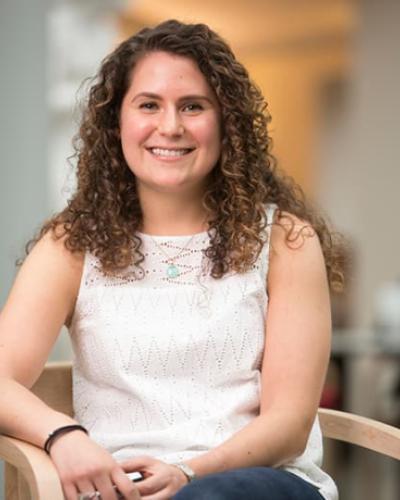
Isabel Feldman, New York City, NYWhat is your main Cornell extracurricular activity -- why is it important to you?Becoming a part of the Cornell Prison Education Program (CPEP) has profoundly influenced my interest in mass incarceration as well as the type of person I want to be. Since learning about the vital need for prison education...
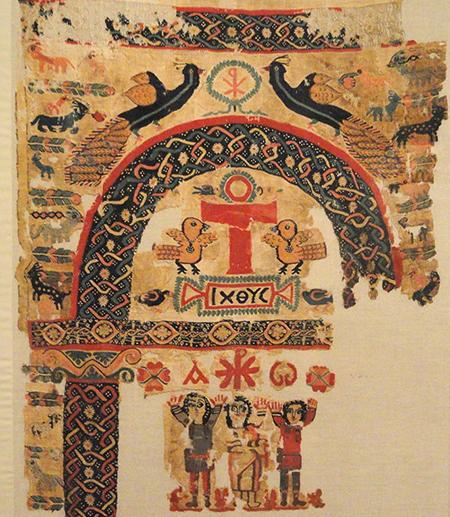
Rich social and cultural transformations came to the classical world in Late Antiquity, roughly 250 CE to 750 CE. Moving away from the paradigm of decline and fall, historians have taken a new look at the period, including the rise to prominence of Christianity.

Thousands continued to protest in Thailand in the wake of an emergency decree issued Thursday by the government limiting gatherings to groups of five and the arrest of key protest leaders. Tamara Loos, professor of history and Thai studies at Cornell University, says the events of this week indicate that Thailand has reached a tipping point, with widespread protests necessitating a response from the regime and monarchy.
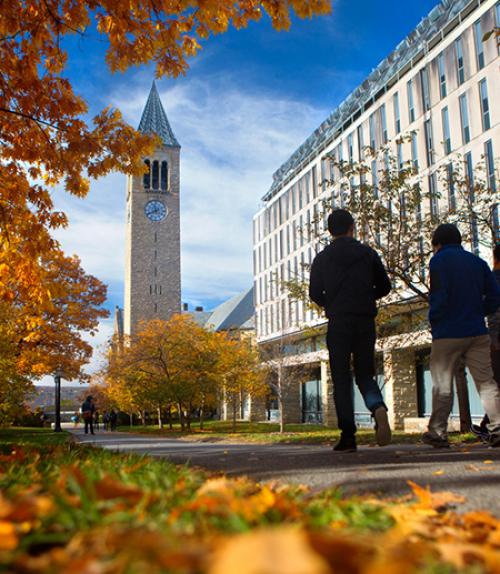
The Office of Engagement Initiatives (OEI) recently awarded Engaged Curriculum Grants to 19 teams of faculty and community partners that are developing community-engaged learning courses, majors and minors across the university.
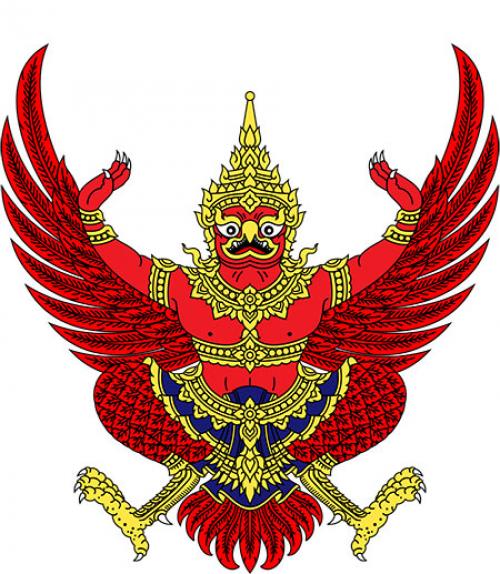
Protests continued in Thailand on Friday after parliament failed to reach an agreement on possible constitutional reforms. Demonstrators have been taking to the streets since July in an effort to pressure parliament to limit the powers of the country’s monarchy. Tamara Loos, professor and chair of history, says that the rallies highlight how Thai society has changed its approach to politics, and the monarchy:
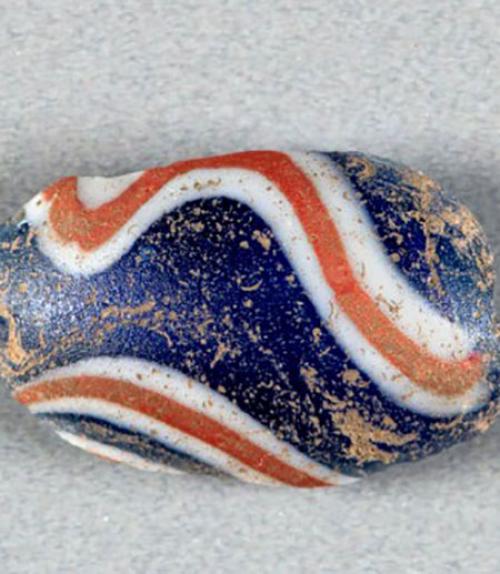
Artifacts from two Native American towns are beginning to share their rich stories online thanks to a collaborative project by anthropologists, librarians and Indigenous community members.
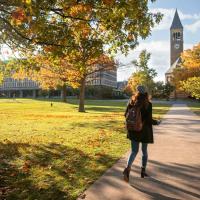
The College is able to bestow these honors to outstanding faculty thanks to generous gifts from alumni, parents and friends.
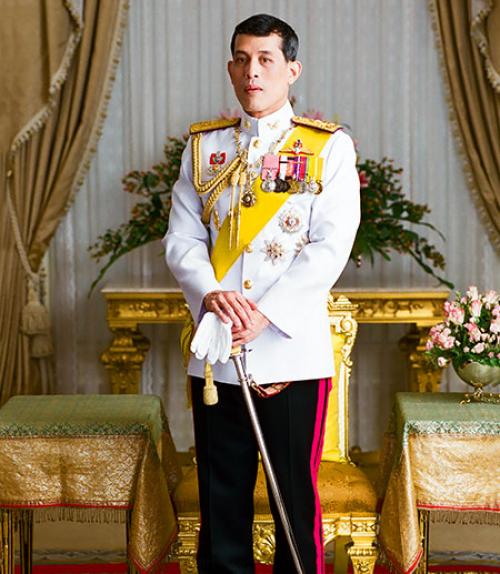
In the wake of the largest anti-government protests in Thailand since 2014, the Thai King Vajiralongkorn reinstated his Royal Noble Consort, Sineenat Wongvajirapakdi, after having demoted her in October of 2019. Tamara Loos, professor and chair of history, says that the King’s treatment of Sineenat represents one of the many reasons why protestors in Thailand have targeted the monarchy for reform:

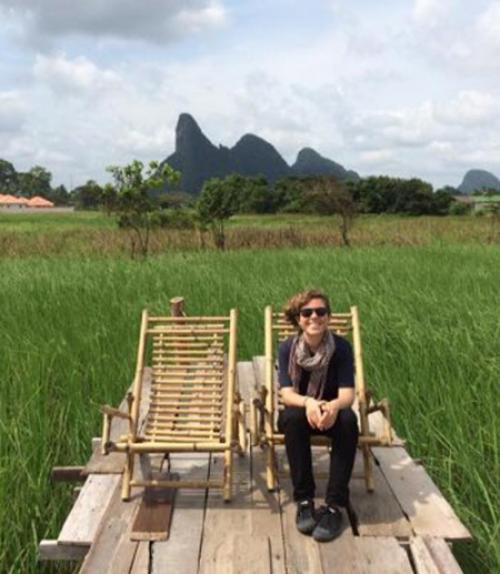
Emily Donald is a doctoral student in history from Brisbane, Australia studying modern southeast Asian history; feminist, gender, and sexuality studies; and queer history. After attending the University of Queensland as an undergraduate, she chose to pursue further study at Cornell due to its scholars, library collections, and commitment to graduate student learning. What is your area of research and why is it important?
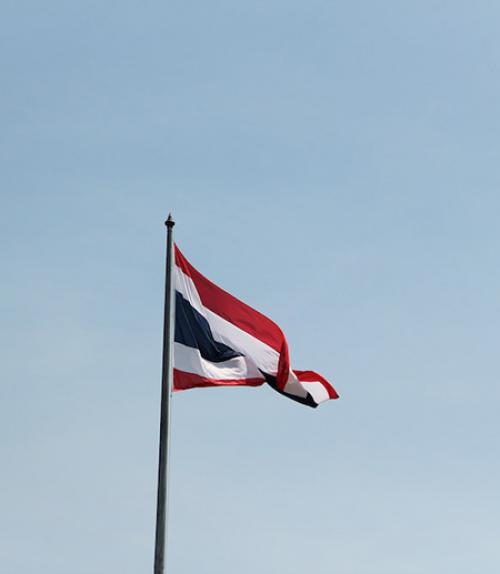
About 10,000 demonstrators gathered in Bangkok, Thailand on Sunday to demand reforms, including of the monarchy, in a continuation of unrest that began earlier this year with the dissolution of the Future Forward Party. The Sunday protest is one of the largest anti-government protests in Thailand since 2014.
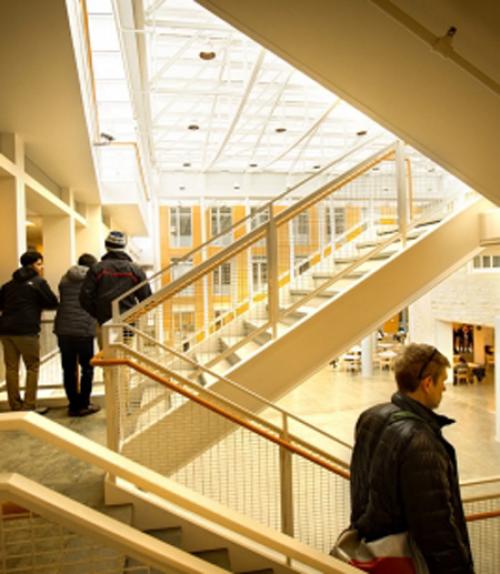
The three-year fellowships are available to early-career scholars conducting leading-edge research in any of the College’s discipline areas.
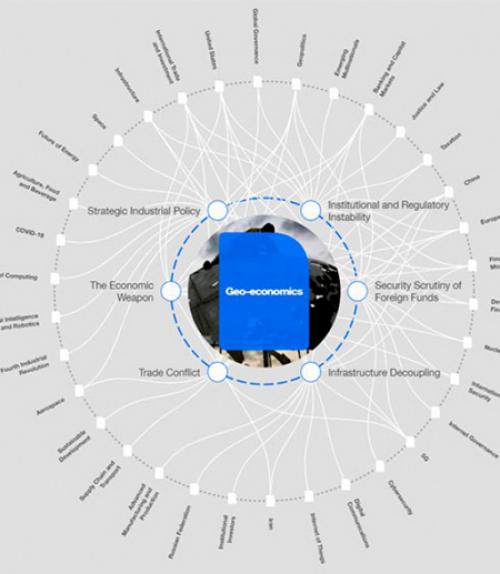
Governments and businesses should strive to limit the use of economic sanctions, which have increased dramatically since the 1970s, advises Nicholas Mulder, assistant professor of history in the College of Arts and Sciences.

As negotiations over the next wave of federal support for the economy continue, Republican critics of further relief spending are reverting to an old idea of the besieged taxpayer as funding extravagant projects, writes Lawrence Glickman, the Stephen and Evalyn Milman Professor in American Studies, in an op-ed in the Washington Post.

Cornell-based Freedom on the Move (FOTM), a database documenting the lives of fugitives from American slavery through newspaper ads placed by slave owners in the 18th and 19th centuries, has received a $150,000 grant from The Andrew W. Mellon Foundation.
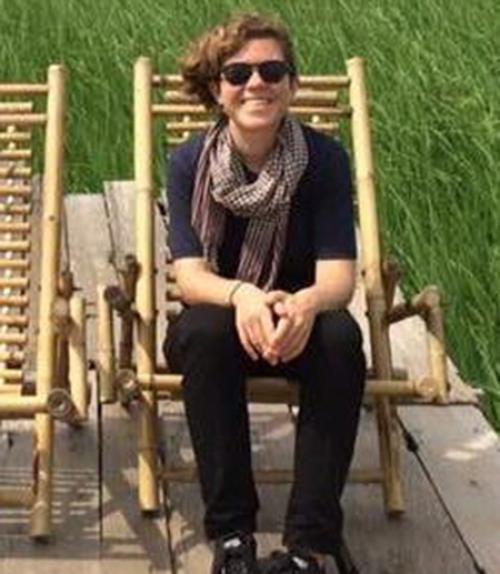
Emily Donald, a doctoral student in history, planned to go to Thailand this summer. Instead, she remained in Ithaca. Like many scholars at Cornell and around the globe, Donald’s research was interrupted by the pandemic. “I’m lucky to be in a position where I can be flexible and shift things around to make it work,” she said.
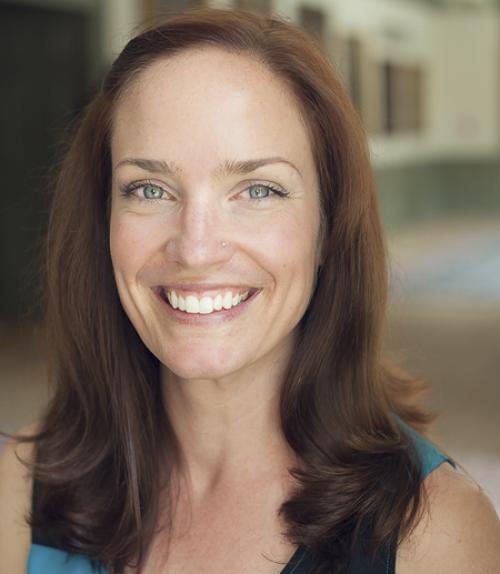
Name and title: Casey Schmitt, Assistant Professor, History Academic focus: Early American and Caribbean history, slavery, labor, and human trafficking Current research project: My book manuscript titled: "The Predatory Sea: Human Trafficking, Colonization, and Trade in the Greater Caribbean, 1530-1690"
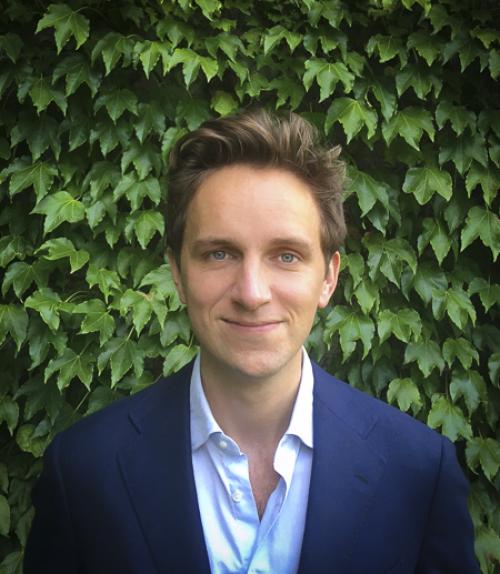
Name and title: Nicholas Mulder, Assistant Professor, History Academic focus: European and international history from 1870 to the present, with a particular focus on the interwar period (1914-1945) and on questions of political economy. I am also interested in international organizations, international law and the history of war.
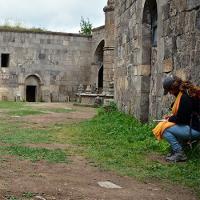
An interdisciplinary group of scholars is exploring “Unsettled Monuments, Unsettling Heritage,” through a grant from the provost's Radical Collaboration task force focused on the arts and humanities.
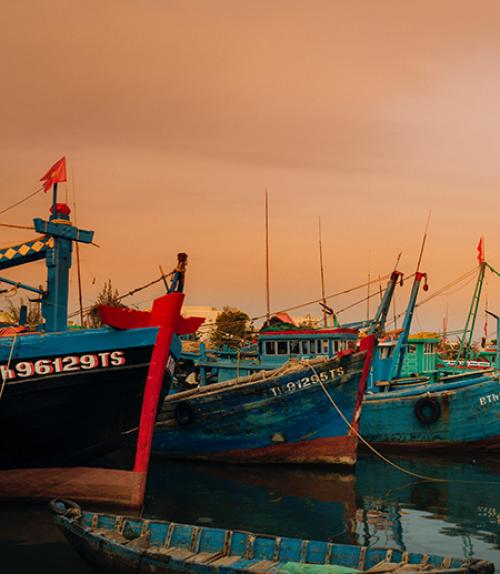
Cornell’s Southeast Asia Program (SEAP) has received a $275,000 Luce Foundation award to strengthen graduate education in Southeast Asian studies by developing new mechanisms for sharing expertise and resources among major Southeast Asia centers across the United States.